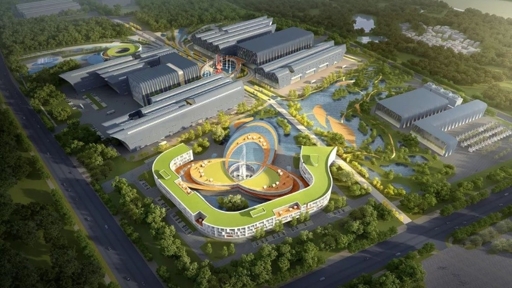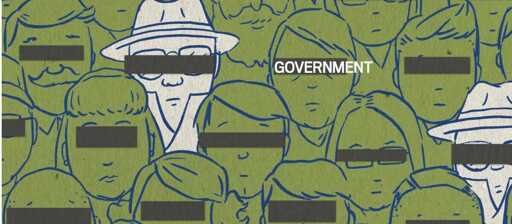Snowden is a brave guy in some ways, but even in spite of his leaks, he’s remained a naive US-supremacist libertarian, who evangangelizes tech over political action, defends the OTF, silicon valley, and US-DoD funded crypto tools and privacy apps.
The lesson of 2013 is not that the NSA is evil. It’s that the path is dangerous. The network path is something that we need to help users get across safely. Our job as technologists, our job as engineers, our job as anybody who cares about the internet in any way, who has any kind of personal or commercial involvement is literally to armor the user, to protect the user and to make it that they can get from one end of the path to the other safely without interference,” he told an auditorium filled with the world’s foremost computer and network engineers at a 2015 meeting of the Internet Engineering Task Force in Prague. He reaffirmed his view a year later at Fusion’s 2016 Real Future Fair in Oakland, California. “If you want to build a better future, you’re going to have to do it yourself. Politics will take us only so far and if history is any guide, they are the least reliable means of achieving the effective change.… They’re not gonna jump up and protect your rights,” he said. “Technology works differently than law. Technology knows no jurisdiction.”
















Snowden doesn’t even think the NSA is evil: